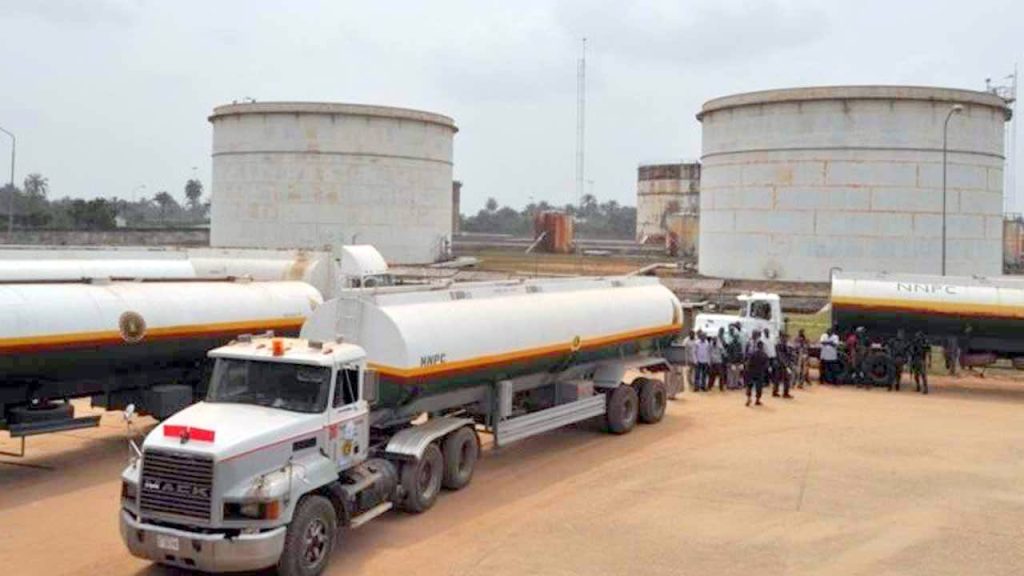The Federal Government of Nigeria has officially commenced a significant initiative to supply crude oil in naira to domestic refineries, starting with the Dangote Petroleum Refinery. This initiative, announced on October 1, 2024, aims to bolster local refining capacity and reduce reliance on imported petroleum products. The Nigerian National Petroleum Company Limited (NNPC) will supply about 385,000 barrels per day of crude to the Dangote refinery, with expanded arrangements for three additional refineries in Rivers, Delta, and Bayelsa states to contribute to local petrol production. With the Naira-for-crude deal in effect, stakeholders are optimistic that local refineries can finally meet domestic demand for refined products.
In the wake of this newly established framework, officials from the Dangote refinery expressed anticipation regarding the imminent arrival of crude oil. During discussions, a senior source indicated that negotiations surrounding the supply were ongoing but projected that a complete picture would emerge soon. The structured deal, which is slated to last for six months initially, is evident of a strategic effort by the government to invigorate the local oil sector. The decision to purchase crude oil in naira—not previously the norm, as the crude market typically operates on a dollar-based system—has garnered a mix of encouragement and caution among stakeholders in the industry.
The Crude Oil Refinery Owners Association of Nigeria and the Petroleum Retail Outlet Owners Association of Nigeria welcomed the introduction of this naira-for-crude initiative. They stressed the importance of transparency in the agreement’s details, highlighting that the information currently available is insufficient to gauge its long-term implications fully. The president of the Petroleum Retail Outlet Association underscored that clarity regarding pricing and the overall operational framework would be essential as the new system unfolds. The initiative is positioned to alleviate pressures on the naira and cut unnecessary transaction costs, promising a seamless integration of local refining into the domestic market.
As the naira-for-crude agreement progresses, three modular refineries are preparing to enter petrol production. Historically, these refineries have struggled with low output, primarily producing diesel and kerosene. With the government’s commitment to support local refineries, these operators are eager to enhance their facilities. Upgrades are critical, as many existing refineries lack the necessary equipment to produce Premium Motor Spirit (PMS). This modernization effort is expected to require substantial investment, further echoing the need for financial viability amidst fluctuating fuel prices and operational costs.
Furthermore, despite the optimism surrounding the Naira-for-crude initiative, experts caution that substantial upgrades to existing modular refineries will be imperative for them to participate in the production of PMS. Reports indicate that some refinery owners are in the process of integrating advanced technology necessary for petrol production. However, the financial burden of such upgrades raises questions about the sustainability of these operations in the long term. With the Dangote refinery leading the charge, smaller players may find it challenging to compete unless they secure adequate investment and ensure a consistent supply of crude.
In terms of performance, the Dangote refinery has experienced fluctuations in petrol production and distribution. During the latter half of September, NNPC lifted only 102.9 million liters of petrol from the Dangote facility, illustrating the ongoing challenges of meeting national demand, which the government had projected would reach 25 million liters daily. Despite optimistic projections, actual supply numbers during this period reflect a shortfall. The ongoing adjustments in pricing, with petrol being sold at levels varied by region, add another layer of complexity to the fuel supply landscape. The journey toward achieving a self-sustaining local oil industry remains precarious, heavily reliant on the effective implementation of these new initiatives and the willingness of stakeholders to adapt to the emerging economic landscape.


